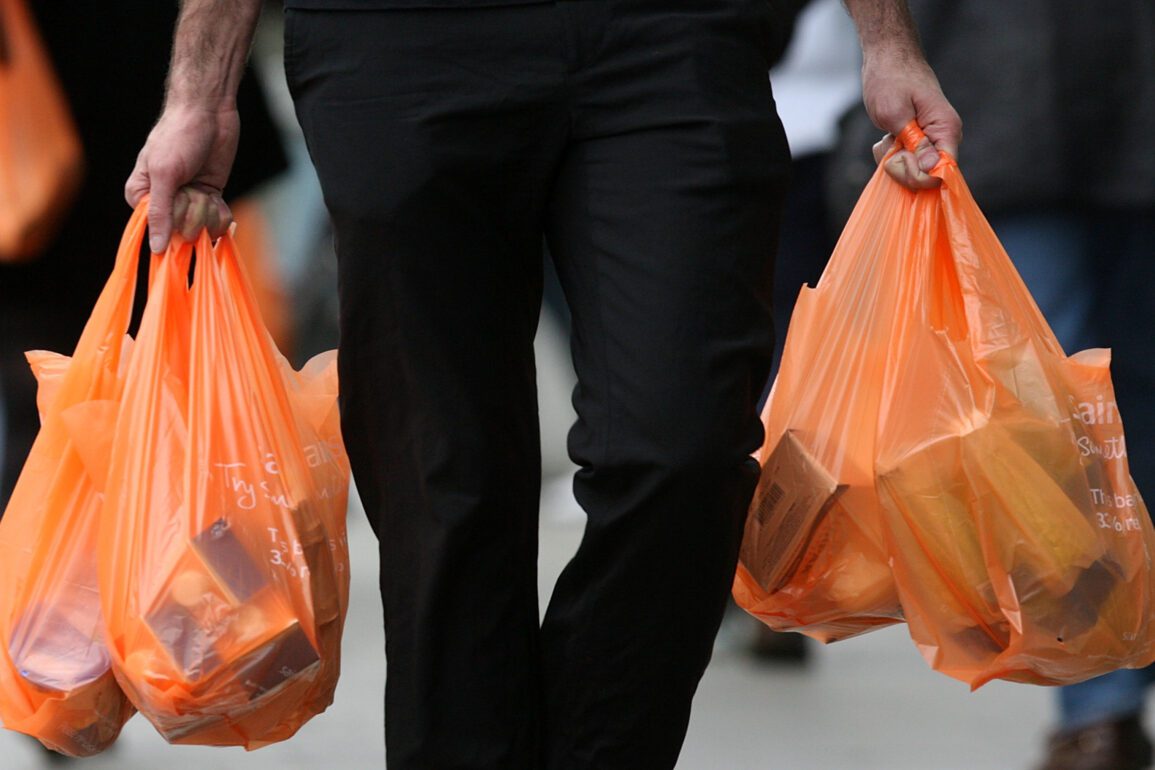Plastic bags are become an essential and unavoidable aspect of our daily existence. The annual consumption of plastics has been continuously increasing. The reasons for its extraordinary rise include its low density, strength, easy-to-use designs, ability to be fabricated, extended lifespan, low weight, and inexpensive cost.
Since plastic bag waste adds significantly to the volume of solid waste produced, it is evident and is therefore considered a substantial solid waste issue.
Impact of Plastic Bags on the Environment
The fact that plastic bags take a long time to break down has a significant negative environmental impact. Furthermore, as plastic bags decompose in the sun, they release harmful elements into the soil, and when they burn, they emit harmful substances into the atmosphere that pollute the surrounding air. Simons (2005) believes that the use of plastic bags may allow carcinogenic substances to accumulate uncontrollably, which could lead to an increase in malignant disorders. Throughout the world, plastic bags are carelessly thrown into landfills that take up thousands of hectares of space and release extremely toxic leachates and hazardous gasses during the decomposition process.
Plastic bag waste is a major environmental risk to both human and animal health. It can harm the environment by clogging stormwater drains and generating pollution if they are not disposed of properly.
Plastic Bags Pollution
Every year, some 500 billion plastic bags are used worldwide. Five hundred million. Nine zeros and then five hundred. A lot of bags, that is. So numerous that our ecology is being harmed by the over one million bags that are used every minute.
Large numbers can be intimidating, so let’s phrase it differently. Every man, woman, and child on the earth consumes eighty-three plastic bags annually. Each person would receive one bag every four and a half days. One hundred billion of those 500 billion bags are used just in the US.
Pollution Taxes & Bans
In Ireland, the use of plastic bags decreased by ninety percent when charges were imposed. Their usage has already been outlawed in several nations, and more will undoubtedly follow.
Anything that reduces our consumption is a good thing, but since it’s not hard to make changes, why wait until we’re financially hurt before doing so?
The next time you visit the store, consider bringing used bags. Alternatively, you might go back in time and follow grandma’s example by always shopping with a solid bag.
Store owners would much rather you use their bags because they are an inexpensive and practical way to advertise, but is the environment or shareholder profits more important?
Recyclable plastic bags are possible, but only approximately
Disadvantages of plastic bags
In the process of making plastic, manufacturers also add potentially hazardous compounds as colorants or stabilizers. Since many of these have not undergone environmental risk assessments, it is currently unknown how they will affect the environment and public health.
One example of this is the phthalates that are used to create PVC. Early children’s toys made of PVC have raised worries since it’s possible that when these toys are sucked, phthalates could be released. An evaluation of the risks associated with phthalates’ environmental consequences is presently underway. The environmental impact of plastic products is also greatly influenced by how they are disposed of.
Most plastics may take a very long time to decompose once they are landfilled because they are not biodegradable. With additional
The Conclusion
To effectively reduce plastic waste, we must consume less plastic. This entails changing our routines, limiting the use of plastic to very necessary situations, and refraining from using it when there is a suitable substitute. People can use plastic bags for various purposes and can recycle them. It is important to consider their potential uses before discarding them.
Education informs about plastic’s harm, vital for behavior change and environmental well-being. Communities need to be made more aware of inappropriate garbage disposal practices. Additional steps that can be taken to lessen the environmental impact of plastic bags include volunteering for home garbage recycling, participating in local clean-up events, and refraining from littering.
